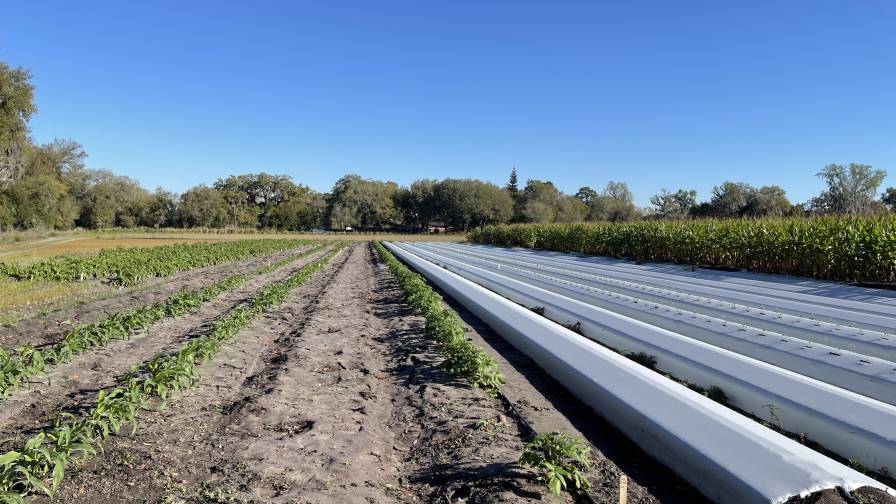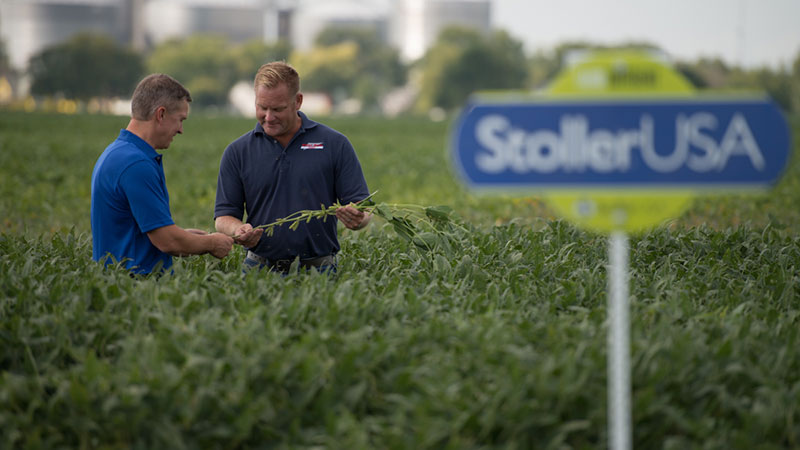Mid-Range Could Be Just Right
Research findings show that mid-range ethanol blends may be better, even in standard cars.
A new study, co-sponsored by the U.S. Department of Energy and the American Coalition for Ethanol (ACE), finds that mid-range ethanol blends — fuel mixtures with more ethanol than E10 but less than E85 — can in some cases provide better fuel economy than regular unleaded gasoline, even in standard, non-flex-fuel vehicles.
Previous assumptions held that ethanol’s lower energy content should always directly correlate with lower fuel economy for drivers. Those assumptions were found to be wrong. Instead, the new research strongly suggests that there is an "optimal blend level" of ethanol and gasoline — most likely E20 or E30 — at which cars will get better mileage than predicted based strictly on the fuel’s per-gallon Btu content.
The new study also finds that mid-range ethanol blends reduce harmful tailpipe emissions and that vehicles without any adjustments can operate well on higher ethanol blends than previously thought.
The University of North Dakota Energy & Environmental Research Center (EERC) and the Minnesota Center for Automotive Research (MnCAR) conducted the research using four 2007 model vehicles: a Toyota Camry, a Ford Fusion, and two Chevrolet Impalas, one flex-fuel and one non-flex-fuel. Researchers used the EPA Highway Fuel Economy Test (HWFET) to examine a range of ethanol-gasoline blends from straight Tier 2 gasoline up to 85% ethanol. All of the vehicles got better mileage with ethanol blends than the ethanol’s energy content would predict, and three out of four actually traveled farther on a mid-level ethanol blend than on unleaded gasoline.
In addition to the favorable fuel economy findings, the research provides strong evidence that standard, non-flexfuel vehicles can operate on ethanol blends beyond 10%. The three non-flex-fuel vehicles tested operated on levels as high as E65 before any engine fault codes were displayed. Emissions results for the ethanol blends were also favorable for nitrogen oxides, carbon monoxide, and nonmethane organic gases, showing an especially significant reduction in CO2 emissions for each vehicle’s "optimal" ethanol blend (E20 for the flex-fuel Chevy, E30 for the Toyota and Ford, E40 for the non-flex Chevy).
"These studies show that moderate 20% to 30% ethanol blends can reduce air pollution, improve gas mileage, and save drivers money in the most popular cars on the road today," says Brett Hulsey, president of Better Environmental Solutions, an environmental health consulting firm. "Moderate ethanol blends are homegrown in America, can be delivered with existing pumps to current vehicles, and cost less than gasoline. Ethanol lowers CO2 emissions 20% from gasoline, making it one of our most effective greenhouse gas reduction programs currently in place."
For more information, visit www.ethanol.org or call ACE at 605-334-3381.






